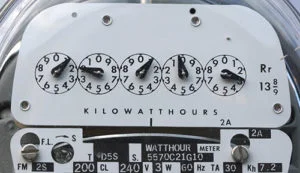Ideally, the title to this article caused you to pause and consider the concept. What happens when you don’t know what you don’t know?
Most companies feel secure in what they’re paying for products and services when, in reality, what they’re paying is likely well above market price. Helping companies better understand this is the basis for our cost reduction and profit-improvement work.
One of the most powerful tools that comes from cost reduction consulting is benchmarking – the knowledge of the market price that similar companies are paying for the exact same product or service. How does the price that your company pays compare to the market price? This benchmarking process involves many facets such as bottom-line price, contract compliance, incentives, and efficiency improvements. In order to improve, you first have to measure where you stand today.
Here are two examples of recent profit improvement programs that our team implemented:
- A logistics company engaged us to review a handful of expense categories, including forklift propane. During our discovery phase, we uncovered two crucial areas that would result in significant cost savings. The first, their CPA firm overlooked a credit that was available on forklift propane. Once corrected, our process resulted in significant savings. The second was the actual price for forklift propane. Our work in this area will save them almost six figures annually. Combined, our client will enjoy more than $500,000 in profit improvements.
- A physician practice group used a laundry service to launder their lab coats, patient gowns and facility linens. The prices and components of their vendor invoice were ripe with opportunity. We corrected these, and this client is now realizing a consistent savings of 48% each month.
Our cost reduction work is done across most expense categories, and we have clients all over the United States. Many times we will see a vendor offering “something better” in another geographical region. Our work will help bring these savings back to you.
Many times our clients tell us, “We never would have found that on our own.” When we hear this, it always brings us back to the beginning – what happens “when you don’t know what you don’t know”?
What you don’t know could be costing your company; perhaps significantly. Accept your blindness and you might well have better sight.






